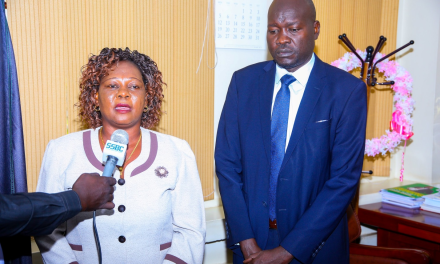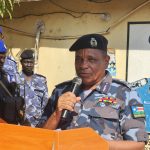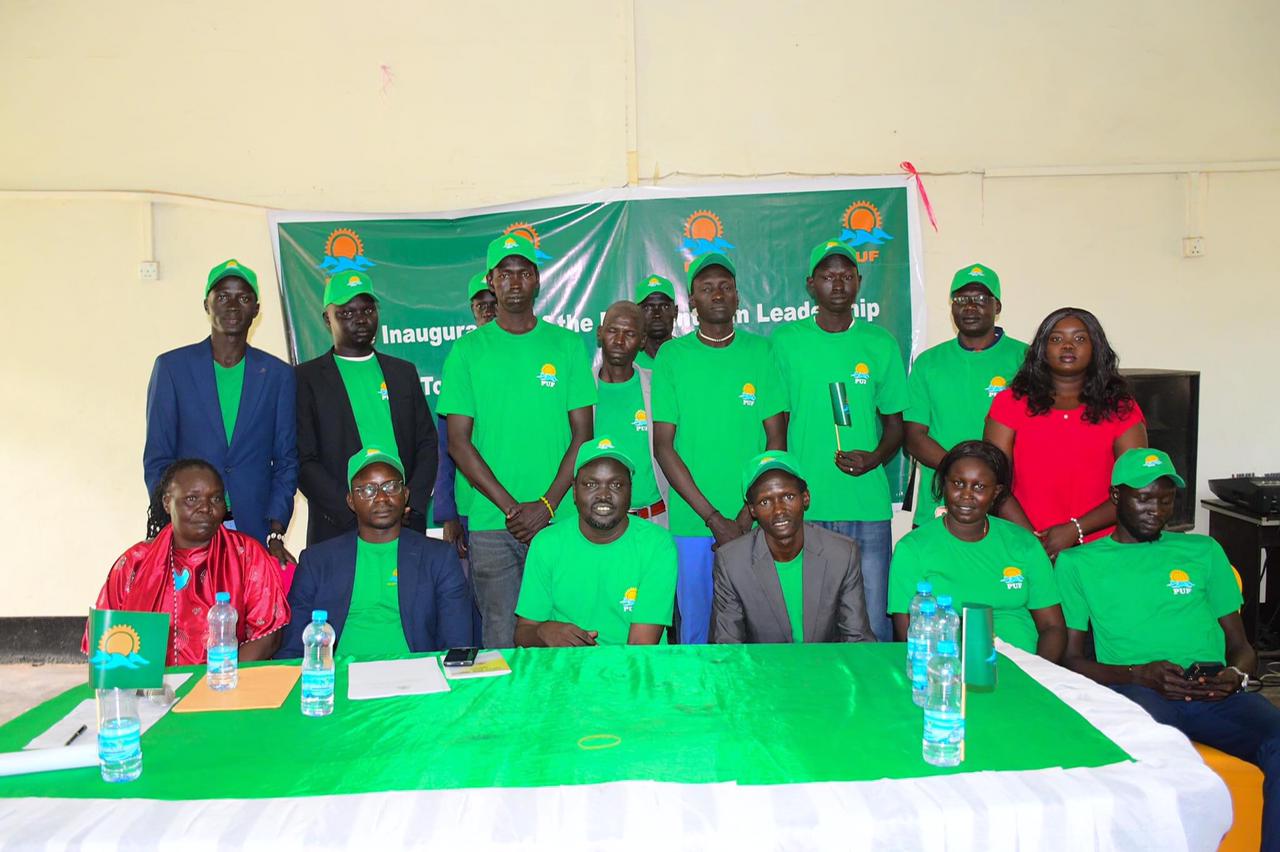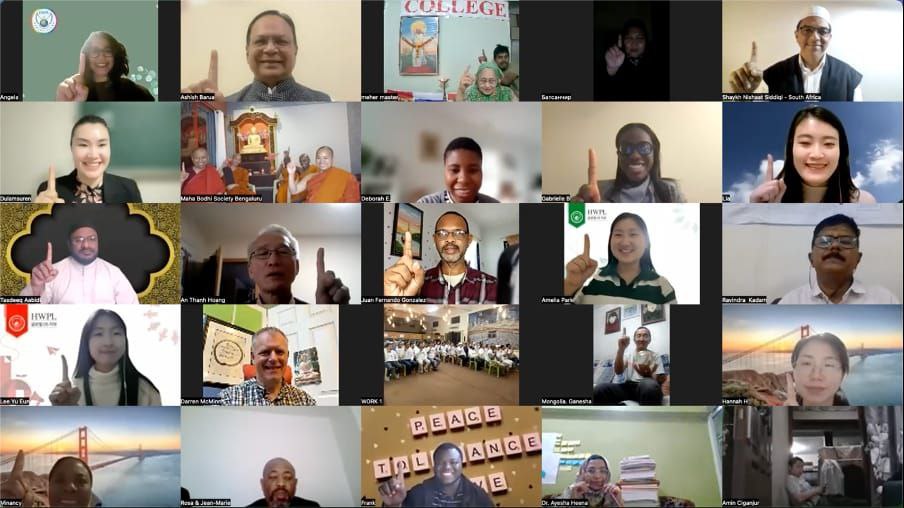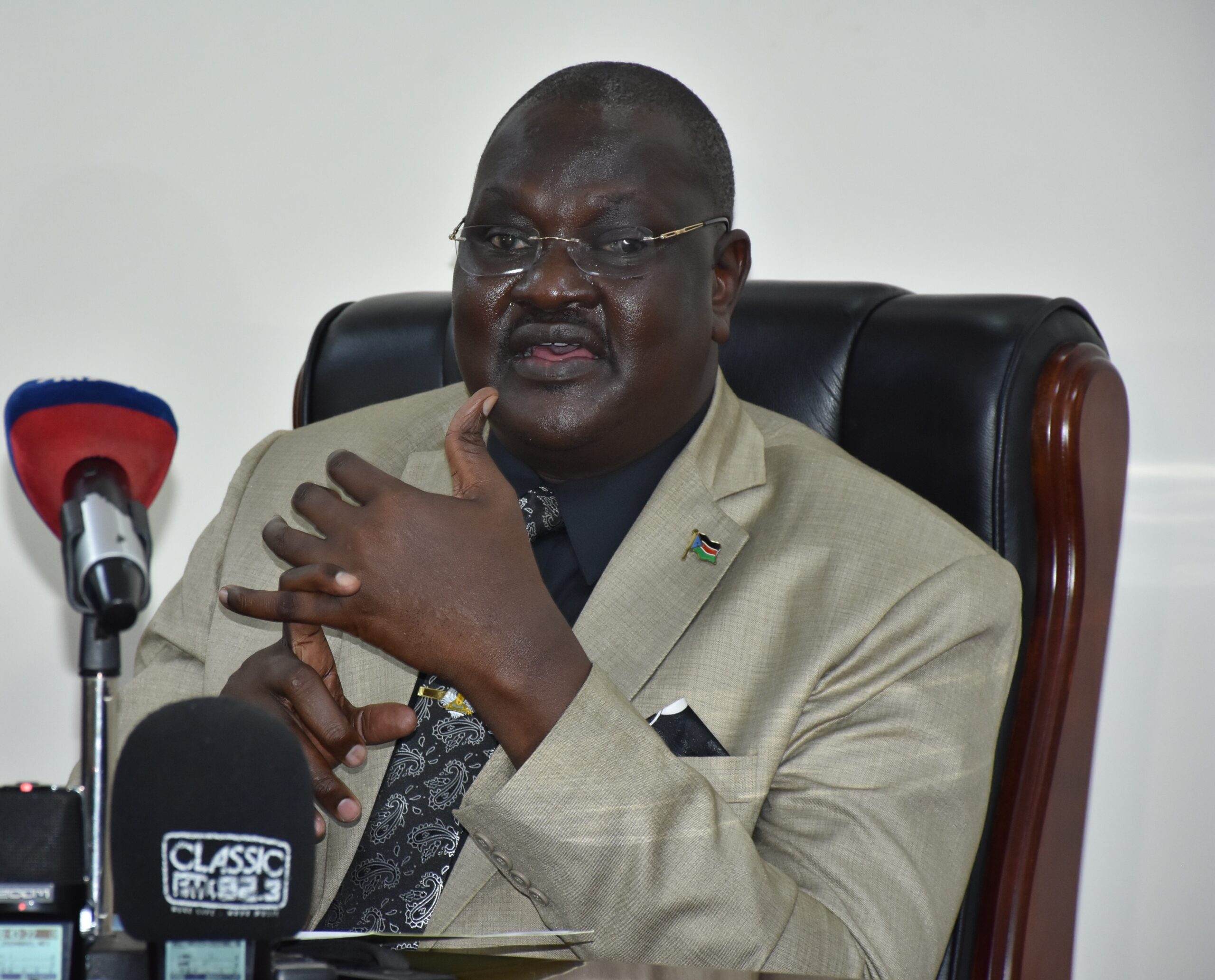
South Sudan not ready for elections despite assurances from political actors: UN
The United Nations Mission in South Sudan (UNMISS) said on Thursday, that continuous delays in implementation of key electoral and constitutional benchmarks by parties to the 2018 revitalized peace agreement casts doubts on the possibility of holding elections in 2024.
Guang Cong, the Deputy Special Representative of the Secretary-General (Political), said there is an urgent need for the adoption of the National Elections Act by the revitalized transitional national legislative assembly, the reconstitution of the National Constitutional Review Commission, the National Elections Commission, and the Political Parties Council.
“Despite the growing calls for elections in the public domain, we are concerned about the lack of progress in key electoral and constitutional benchmarks. As it stands, the conditions for South Sudan to hold elections are not in place yet,” Guang said during the plenary meeting of members of the Revitalized Joint Monitoring and Evaluation Commission (RJMEC) in Juba, the capital of South Sudan.
Guang noted that 2023 is a critical ‘make or break’ year for free, fair, and credible elections in 2024.
He disclosed that the transitional security arrangements are behind schedule, adding that the latest call by the Presidency directing the immediate deployment of the necessary unified forces, and the commencement of Phase II of training the second batch is a welcome development.
The parties graduated about 53,000 unified forces in the first batch in August last year. In total, they are supposed to graduate 83,000 unified forces made up of police, army, intelligence, and wild life and prisons.
“It goes without saying that the security of the country before, during, and after the elections is non-negotiable,” Guang said.
“With less than four months left in 2023, all parties to the peace agreement are therefore urgently requested to demonstrate their political will by expediting the implementation of key outstanding benchmarks of the (extended) roadmap. Political will, pragmatism, and leadership are paramount,” he said.
Guang also commended the transitional unity government for it’s open refugee policy that has seen the arrival of more than 213,000 people displaced by conflict in neighboring Sudan since April 15.
However, he noted that the prolongation of the conflict in Sudan continues to adversely impact South Sudan.
“The congestion and increased competition over scarce resources in the border areas, if not duly addressed, could exacerbate tensions between the returnees and host communities,” Guang said.
He revealed UNMISS has intensified its patrols and reinforced its presence in Renk town of Upper Nile state where it is working with the government to mitigate and prevent any potential outbreak of violence.
“We acknowledge the effective cooperation we have with the government of Upper Nile, the South Sudan People’s Defense Forces, the South Sudan National Police Service, and the National Security Service. Furthermore, we continue to call for national and international funding to ensure support for people fleeing the conflict,” Guang said.
Charles Tai Gituai, interim chairperson of RJMEC, said the first batch of unified forces is still redundant awaiting redeployment.
He added the unification of the mid-level echelons of the command structure is not complete as the parties continue to haggle over power-sharing ratios.


